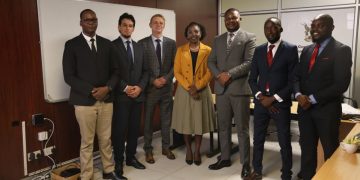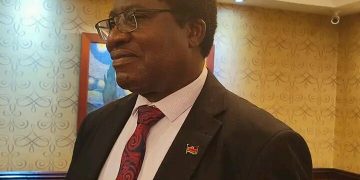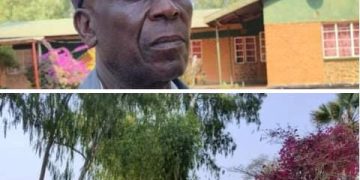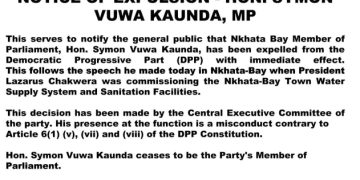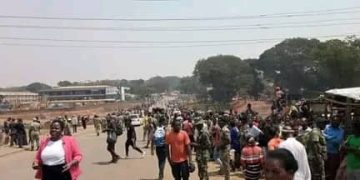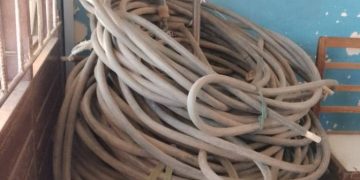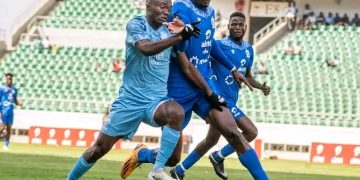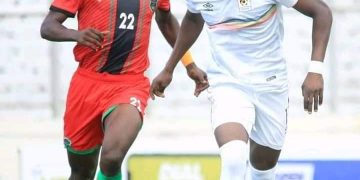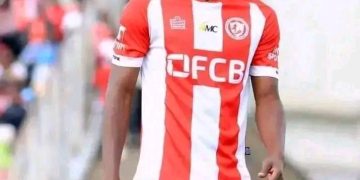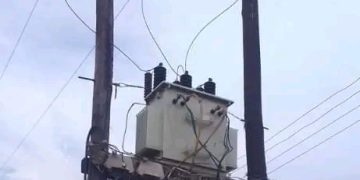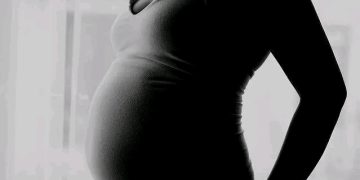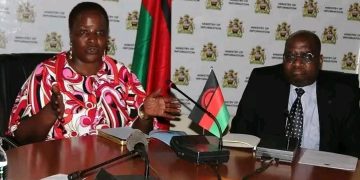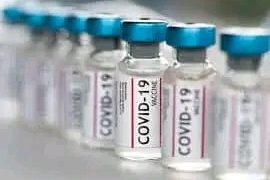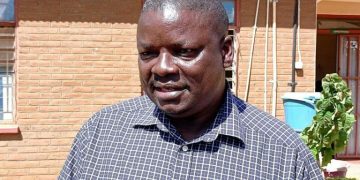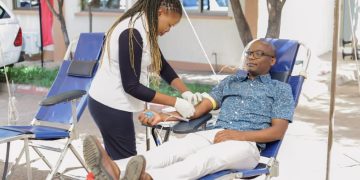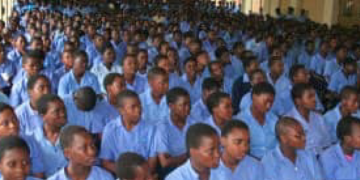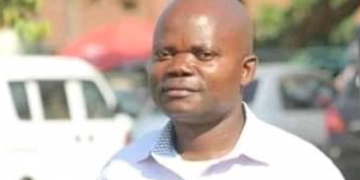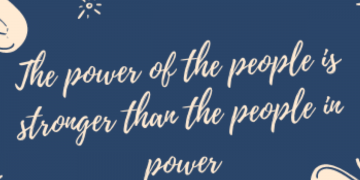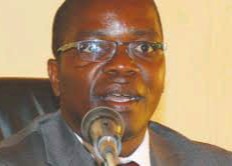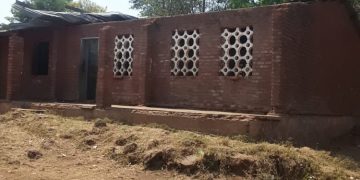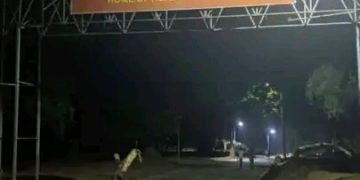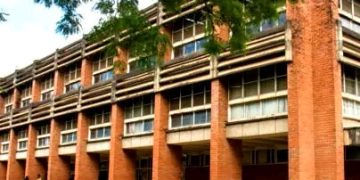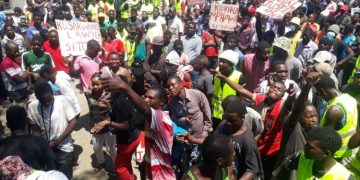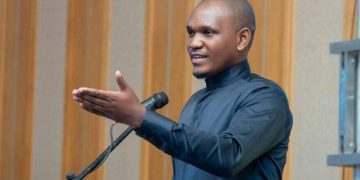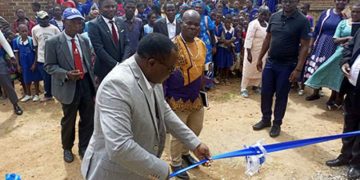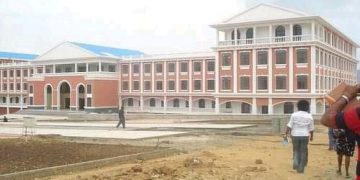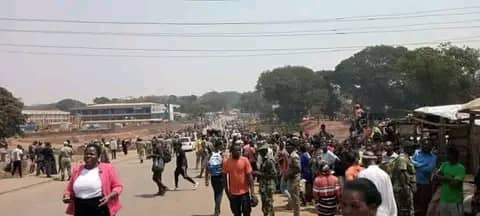Expert suggests new approaches within or outside the law.
In a rather familiar tone, Malawi Police Service, whose armed officers were on the ground, has feigned ignorance that a group of unknown thugs that disrupted protests pushing for the resignation of President Lazarus Chakwera on Thursday had carried dangerous weapons including panga knives, axes and stones, among others.
This was the second time the suspected violent thugs blocked the peaceful concerned citizens under the banner, Malawi First, as they marched to State House in Lilongwe to register their grievances on how Chakwera is allegedly failing to run the country.
The protests, which began peacefully with tight security from Lilongwe Community Center Ground, faced an abrupt and violent end when the intruders stopped the procession.
At first, the law enforcers reacted by firing teargas to disperse them but later retreated after one of their senior officers ordered them to stop.
Later, the unknown thugs began to share loud threats targeting the demonstration organizers especially leader of the grouping and political activist, Bon Kalindo. They vowed to deal with him and General Secretary Redson Munlo.
Kalindo believes the unknown thugs were sponsored operatives of the governing Malawi Congress Party-MCP; alleging the police coiled down instead of dealing with them because “they were working under instructions to protect someone.”
MCP spokesperson Ezekiel Ching’oma was not readily available for a comment but earlier disassociated the party youths from the violent acts against the same grouping the day police arrested Kalindo.
Kalindo told the media that it is sad to note that the country’s police remains politically abused hence its failure to take charge against the panga welding thugs on Thursday.
But National Police spokesperson, Peter Kalaya feigned ignorance that those who disrupted the demos had panga knives and other life-threatening weapons; accusing Kalindo of exaggerating the allegations.
“Let those with evidence that some carried panga knives and axes bring evidence, we will take it from there,” he said.
He has since revealed arresting 14 people in connection to the violence that erupted during the protests but five who are minors have been released. Kalaya says they are still hunting for other suspects.
Meanwhile, governance expert Wonderful Mkhutche describes the tendency of blocking the demos as very unfortunate in a democratic Malawi.
“The demonstrators are acting within the law and this must be respected. From our experience, those disturbing the demonstrations could be doing that under the invisible hand of political adversaries. If it is so, they could have done better,” says Mkhutche.
He further suggests the need to explore other avenues of pushing for answers from the elected leaders besides protests; arguing most people are drained and have lost trust in them.
Adds Mkhutche: “Let us sit down and find new approaches to achieving our political hopes – whether within or outside the law.”
Some governance and human rights pundits predict more undesirable clashes between the police and frustrated Malawians, currently facing the harsh realities of economic hardships as characterized by the high cost of living and bad economy, if authorities continue suppressing constitutionally sanctioned demonstrations.
President Chakwera sent packing Democratic Progressive-DPP’s Peter Mutharika in the court sanctioned presidential election in June 2020 with a promise for a new and better Malawi but two years to another election, he now faces voices of discontent from some citizens on how he is managing state affairs.
But his ministers come to his defence; saying he knows what Malawians are going through and is doing something to address the problems.

